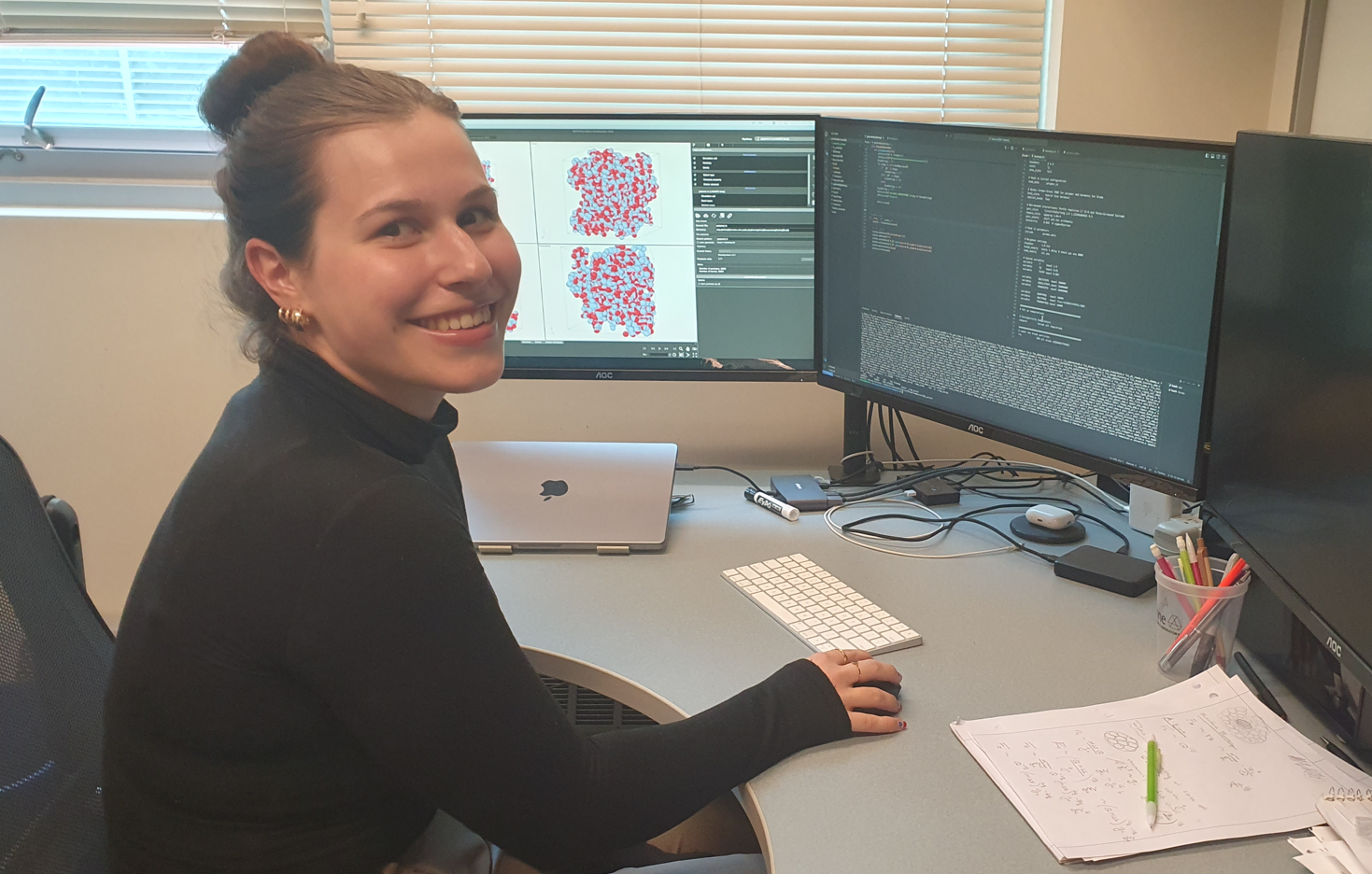
The most prominent form of plastic recycling is mechanical recycling, where plastic waste is remelted to produce new materials. The plastic waste streams usually consist of several polymer types that are difficult to isolate. These mixtures of polymers typically phase separate leading to poor material properties after remelting, preventing a circular plastic economy. Phase separation in polymer mixtures can be mitigated by functionalizing the polymer chains with compatible supramolecular moieties. The efficacy of functionalization depends on the number and placement of functional groups and their interaction strength, among other factors. Due to the vast parameter space, experimentally exploring the phase space of functionalized polymer blends is difficult and expensive. Therefore, in this project, we use a novel coherent states polymer field theory to efficiently predict the phase behavior for supramolecular polymer blends. Predictions from our theory are used to train surrogate models and the resulting phase diagrams are visualized using interactive plots, enabling facile construction and exploration of the phase behavior. We identify the phase boundaries between five phases: disordered, macrophase separated, microphase separated, and disordered/micro-structured gel. The predicted phase behavior can be used to guide experimental designs to avoid macrophase separation, which is ideal for recycling purposes. Our theoretical framework and visualization tools can be extended to other polymer mixtures relevant to recycling, such as three component systems.